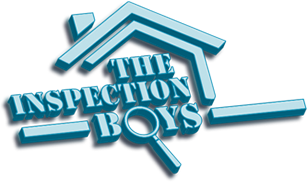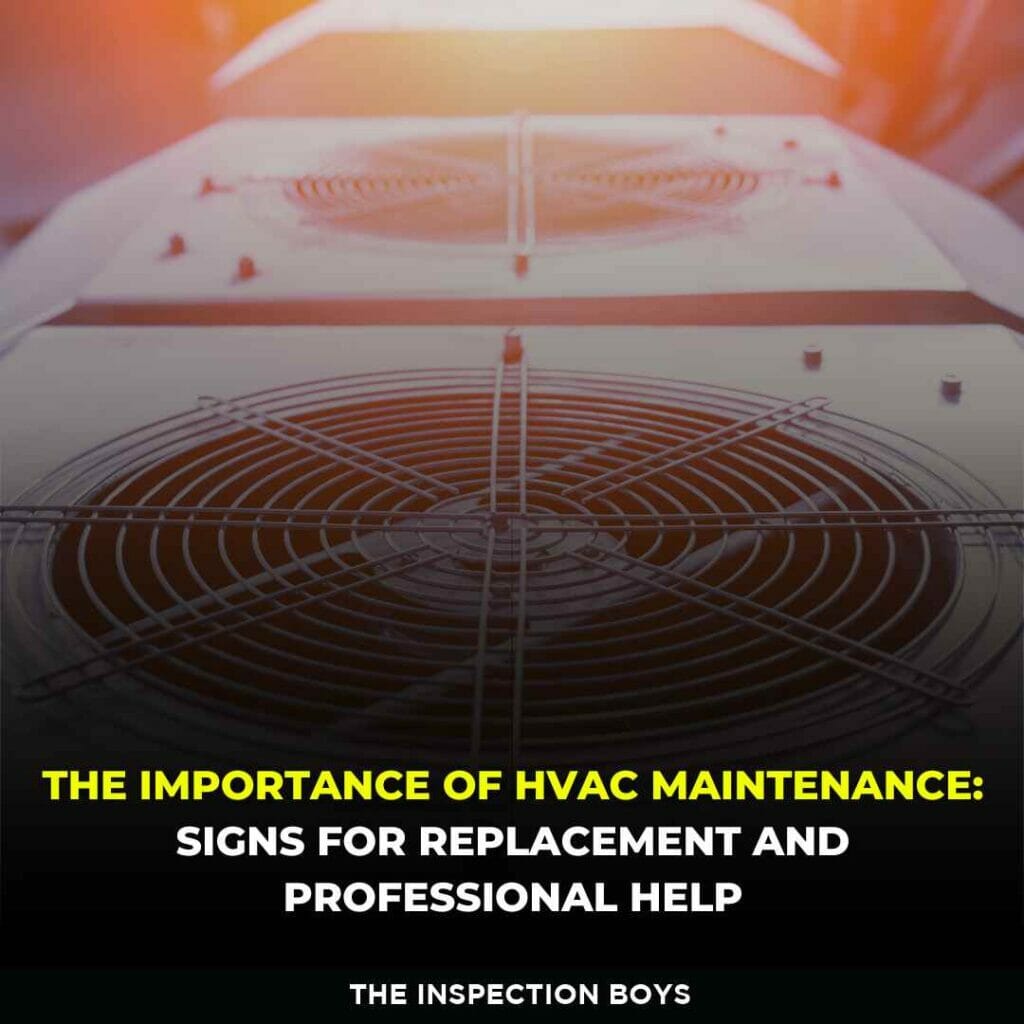HVAC systems are an essential component of every home, providing comfort and functionality in both warm and cold climates. Given the high cost of replacing a unit, proper maintenance is crucial. However, like any appliance, HVAC systems have a limited lifespan, and there may come a time when repairs are no longer sufficient and replacement becomes necessary.
On average, HVAC systems last about 10-15 years, although this can vary depending on factors such as climate, coastal location, chemical usage in the home, and the level of maintenance provided. To maximize the lifespan of your HVAC unit and avoid premature replacement costs, it’s important to be proactive in its care.
Let’s explore the signs indicating the need for replacement or repair, as well as when to seek professional assistance.
Here are signs that replacement may be needed:
HVAC is Close to 10 Years Old or Older:
While a well-maintained HVAC unit should last for a decade or more, neglecting regular maintenance can significantly reduce its lifespan. The longevity of your HVAC system is influenced by local weather conditions and the time invested in maintaining its basic needs. Ask yourself: Do you change the AC filters regularly? Do you clear the drain lines on your AC unit? Have you scheduled annual maintenance with a professional? The answers to these questions can determine how long your HVAC unit will last.
Frequent Breakdowns:
Failure to perform regular maintenance is the most common reason for AC unit breakdowns. By scheduling yearly maintenance with a licensed professional, potential issues can be identified and addressed before the summer months. However, if your HVAC unit continues to break down even after following the maintenance schedule, it’s a cause for concern. While frequent repairs are preferable to a full unit replacement, it’s wise to start preparing for a replacement unit.
Significant Increase in Energy Bills:
If you notice a sudden spike in your electric bill, it’s important to investigate. Higher energy bills often indicate that your air conditioner is aging and struggling to keep up with the demands of indoor and outdoor weather conditions. Reduced efficiency and malfunctions are common causes of increased energy consumption. If your energy bill has risen on multiple occasions, it’s recommended to assess the functionality of your HVAC system.
Use of R22 Freon:
Since January 1, 2020, the use of Freon in AC units has been discontinued in the U.S. If you own an older AC unit that requires Freon to maintain proper working conditions, you may need to replace the unit. Moreover, due to the scarcity of R22 and its high cost, relying on it becomes impractical. Newer models use the more environmentally friendly R410A refrigerant, eliminating concerns related to R22. The Environmental Protection Agency (EPA) highlights the significant negative effects of Freon on the environment. Therefore, it’s highly recommended for owners of AC units requiring Freon to start saving for an AC replacement.
Repair or Replace?
Consulting a professional is crucial in determining whether repairs are worth the investment or if the unit is nearing the end of its lifespan. The cost of replacing an HVAC system can range from $3,000 to $12,000, depending on the size of your home and the required unit size. Additionally, if you find yourself frequently relying on technicians for repairs, consider the amount of money you’re spending. Surprisingly, buying a new unit can lead to long-term savings, as it will run more efficiently and reduce the need for constant repairs. However, it’s important to ascertain if a simple repair will suffice.
When to Seek Professional Help:
When you start hearing unusual noises coming from your HVAC unit, it is crucial to promptly call a professional for an inspection. Furthermore, it is highly recommended that you take advantage of professional HVAC services at least twice a year to ensure regular maintenance and system checkups. Neglecting these routine maintenance tasks can lead to system breakdowns and potentially significant expenses in the long term.
Key Takeaway
In conclusion, HVAC systems play a vital role in ensuring your comfort during both hot and cold weather conditions. While these systems typically last for 10 to 15 years, it is essential for homeowners to prioritize regular maintenance. Neglecting the maintenance of your HVAC system can result in costly consequences. By investing in annual maintenance and taking proactive measures, you can save money and ensure the longevity and efficiency of your HVAC system.

